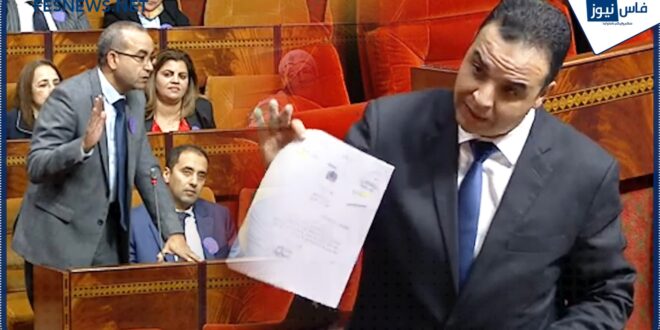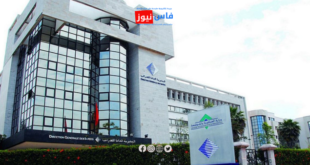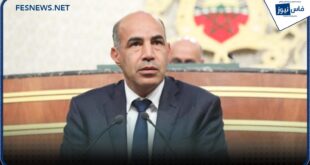In a plenary session of the House of Representatives held on November 25, 2024, Mustapha Baitas, the official spokesperson for the Moroccan government, defended the decision to withdraw several draft laws from Parliament. He described the move as a natural mechanism employed by governments to reassess legislative texts in alignment with their evolving priorities. Baitas referenced a precedent set in 2012 when Abdelilah Benkirane, former Secretary-General of the Justice and Development Party, called for the withdrawal of certain laws for the same purpose.
Baitas emphasized that the measure does not indicate a lack of reform commitment or a delay in implementing major projects. Instead, it reflects a comprehensive vision aimed at improving legal frameworks to serve national interests. Addressing criticism from some MPs about the absence of a clear legislative agenda, Baitas reaffirmed the government’s dedication to combating corruption and enhancing transparency. He stated that corruption cannot become a “commercial asset” exploited for political gains.
The spokesperson further highlighted the government’s responsibility in tackling institutional reform and promoting ethical governance, particularly amidst ongoing efforts to improve Morocco’s investment climate. He pointed out that corruption increases economic costs, thereby hampering competitiveness and deterring investors.
On another note, Baitas expressed surprise at the shifting positions of certain political parties. He noted that some parties previously opposed legislative plans but now laud them, attributing this shift to a “duplicitous stance.”
Concluding his remarks, Baitas urged Moroccans to cultivate a culture of reading and critical thinking, underscoring the importance of informed and responsible debate. He criticized some political rhetoric for undermining this goal, suggesting that such narratives inadvertently devalue the significance of reading and knowledge in public discourse.
source : fesnews media
 فاس نيوز ميديا جريدة الكترونية جهوية تعنى بشؤون و أخبار جهة فاس مكناس – متجددة على مدار الساعة
فاس نيوز ميديا جريدة الكترونية جهوية تعنى بشؤون و أخبار جهة فاس مكناس – متجددة على مدار الساعة













